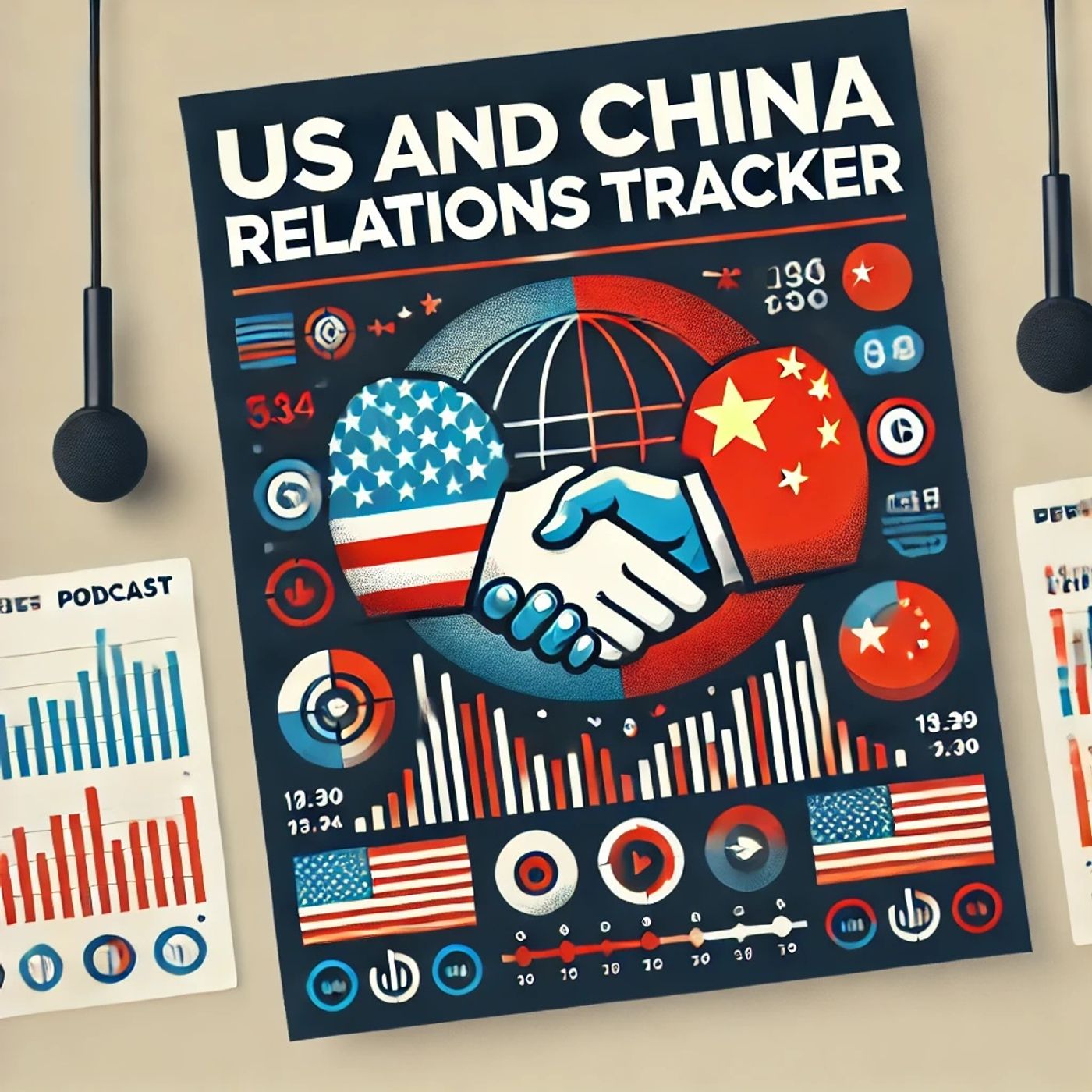Finland Proposes EU-US Alliance to Counter China's Global Ambitions
Description
The evolving geopolitical landscape has thrust US-China relations into the spotlight, with significant global implications. Countries like Finland are now proposing strategies that could redefine these dynamics. In a recent statement, Finland's foreign minister suggested the creation of an EU-US alliance specifically aimed at countering perceived threats from China. This proposal underscores a growing concern among Western nations regarding China's expanding influence and potential security threats.
Finland's policy proposal advocates for a united front between the European Union and the United States, emphasizing the need for a coordinated approach to counteract China's influence. This includes the elimination of tariffs between EU and US member states to foster stronger economic ties and present a more cohesive economic bloc against China. By removing trade barriers, the proposed alliance aims to bolster economic interdependence and solidarity, thus enhancing the collective bargaining power of Western nations in the face of China's global ambitions.
The call for an unwavering stance on security issues is central to this proposal. The Finnish foreign minister highlighted that if China were to undermine the security of Western nations, it could no longer be "business as usual" with Beijing. This statement reflects a growing wariness of China's activities and intentions, and emphasizes a need for a more strategic and unified response to any potential security challenges that might arise from China’s actions.
This proposed alliance is seen against a backdrop of increasing tensions between the US and China, characterized by disputes over trade practices, cybersecurity concerns, and differing approaches to issues like human rights and territorial integrity. As China continues to assert itself on the world stage, Western nations are re-evaluating their strategies to maintain balance and ensure security and economic interests are not compromised.
The notion of an EU-US alliance with an anti-China focus is not without its challenges. European and American interests sometimes diverge, and finding common ground on all aspects of foreign policy can be complex. However, the urgency expressed by Finland’s minister suggests that the potential risks posed by China necessitate overcoming these differences to form a coherent and decisive front.
As the international community grapples with these evolving dynamics, the proposed EU-US alliance could mark a significant shift in global relations. By presenting a unified stance, the alliance could more effectively address the challenges posed by China's rise and contribute to a more balanced and stable global power structure. This proposal invites deeper discussions on how best to navigate the complexities of modern geopolitics, ensuring that security and economic stability remain paramount in an increasingly interconnected world.
More Episodes
In the aftermath of recent elections, the trajectory of US-China relations is a topic of intense scrutiny and debate. Observers are weighing in on how the political changes in the United States may influence the already complex dynamic between the two global powers. As geopolitical tensions...
Published 11/16/24
Published 11/16/24
The nature of international relations is ever-evolving, marked by pivotal moments and shifting dynamics. Two significant geopolitical relationships—the US-China relations and the US-German alliance—offer a lens through which we can observe the transformations occurring in global diplomacy and...
Published 11/15/24


